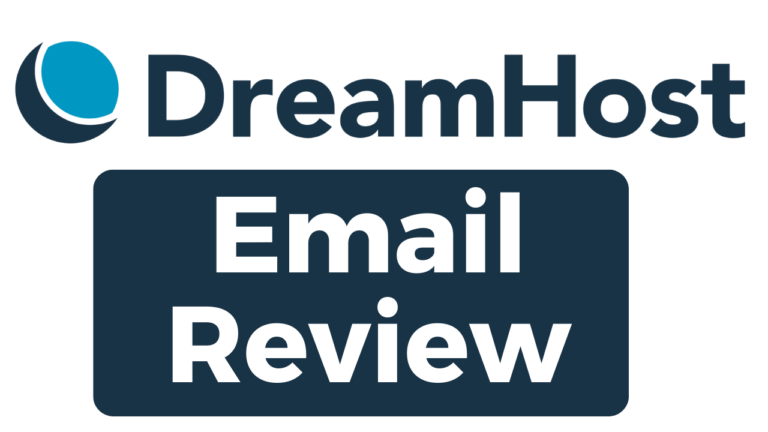Navigating the Choice: cPanel Hosting vs. WordPress Hosting
When it comes to setting up a website, one of the most critical decisions you’ll make is choosing the right type of hosting. Two popular options that often cause a dilemma are cPanel hosting and WordPress hosting. Each comes with its own set of features, benefits, and considerations. In this comparison, we’ll break down the differences between cPanel hosting and WordPress hosting to help you make an informed choice based on your website’s needs.
cPanel Hosting: Versatility and Control
cPanel hosting is a type of web hosting that utilizes the cPanel control panel. It’s widely known for its versatility and robust feature set. Here’s a closer look at what cPanel hosting brings to the table:
1. Control Panel: cPanel is a powerful and user-friendly control panel that allows you to manage various aspects of your hosting account, including email accounts, files, databases, and domains.
2. Flexibility: cPanel hosting isn’t limited to a specific content management system (CMS). It’s suitable for hosting various types of websites, whether they’re built using WordPress, Joomla, Drupal, or other platforms.
3. Customizability: With cPanel, you have more control over server settings and configurations. This can be advantageous if you have specific technical requirements or if you’re running multiple websites.
4. Developer-Friendly: For those with coding skills, cPanel provides access to tools like PHP configuration and database management, allowing more advanced customization.
WordPress Hosting: Optimized for WordPress
WordPress hosting, on the other hand, is tailored specifically for websites built on the WordPress platform. It’s optimized to enhance the performance and security of WordPress sites:
1. Performance: WordPress hosting is fine-tuned for the unique requirements of the WordPress CMS. This can lead to faster loading times and smoother performance.
2. Managed Services: Many WordPress hosting plans offer managed services, meaning the hosting provider takes care of tasks like updates, backups, and security, allowing you to focus on your content.
3. Security: Security measures are often optimized for WordPress, including features like automatic updates for core WordPress files and plugins.
4. Support: WordPress hosting often comes with specialized WordPress support, assisting you with any platform-specific issues.
5. User-Friendly: WordPress hosting is designed with beginners in mind, making it easy to set up and manage a WordPress website without needing technical expertise.
Choosing Between the Two
The choice between cPanel hosting and WordPress hosting depends on your website’s nature and your preferences:
1. Consider cPanel Hosting If:
- You’re planning to host multiple types of websites beyond WordPress.
- You have technical skills and require deeper server customization.
- You prefer a versatile control panel that’s not tied to a specific CMS.
2. Opt for WordPress Hosting If:
- Your website is built solely on the WordPress platform.
- You want a managed solution that takes care of updates and security.
- Performance and optimization for WordPress are your top priorities.
- You’re looking for a user-friendly option, especially if you’re new to website management.
In Conclusion
Both cPanel hosting and WordPress hosting have their merits, catering to different needs and preferences. Evaluate the specific requirements of your website, your technical expertise, and your desire for optimization and managed services. By aligning these factors with the benefits of each hosting type, you’ll be better equipped to make the right choice that ensures the success of your online presence.




